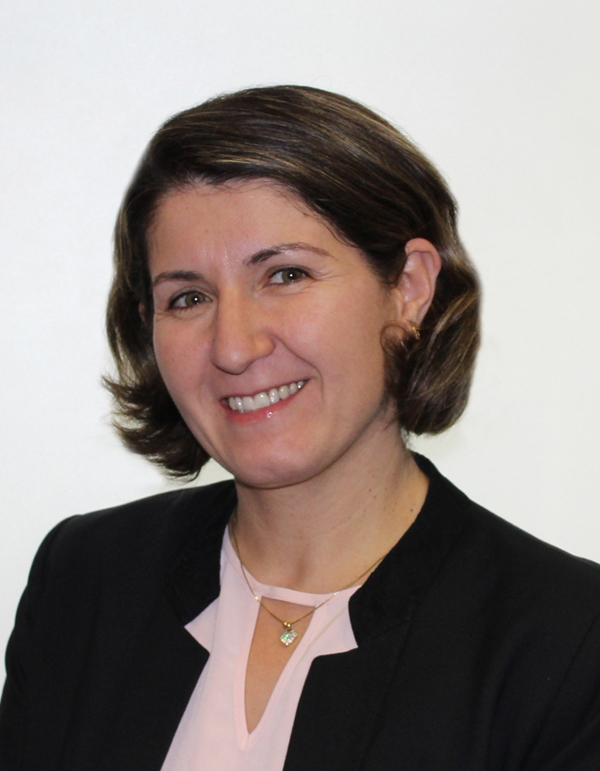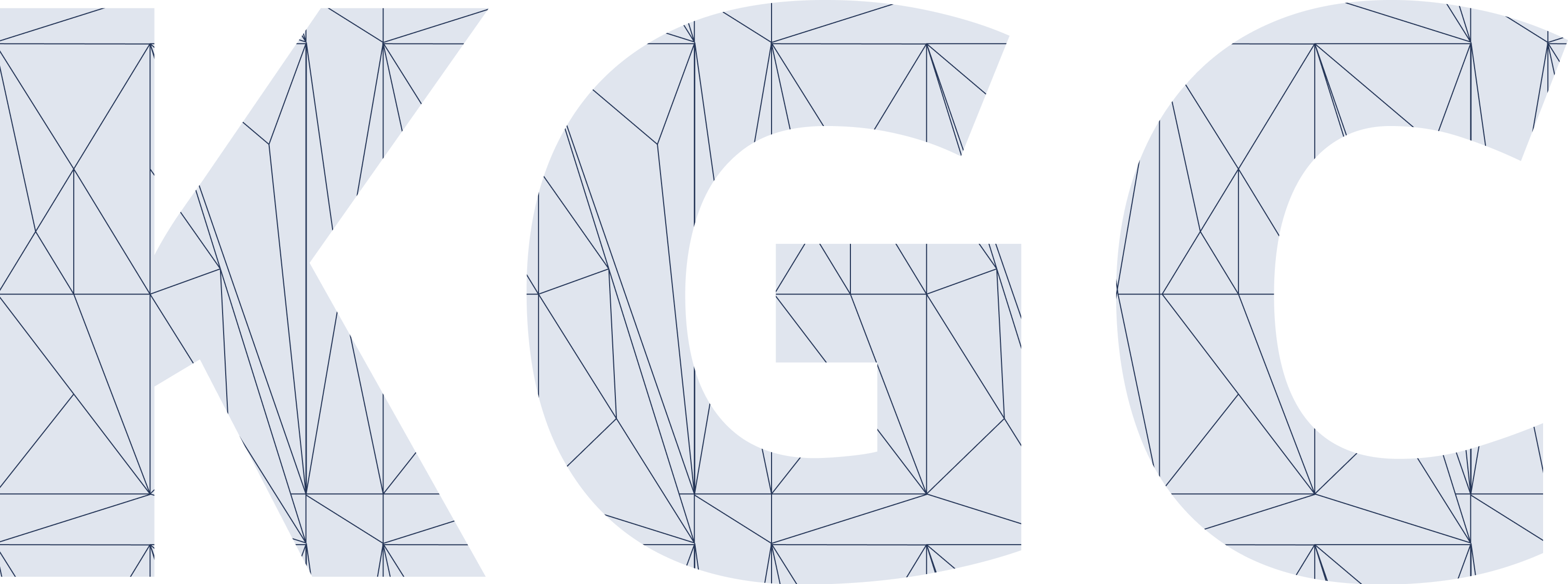Fatiha Saïs

LISN, CNRS and Paris Saclay University, France
Professor
Biography
Fatiha Saïs is currently a full Professor at LISN – Laboratoire Interdisciplinaire des Sciences du Numérique – of Paris Saclay University. She is currently the co-head of LaHDAK group (Large scale Heterogeneous Data and Knowledge). Her research focuses on: knowledge discovery in RDF graphs; identity management in the Web of data; knowledge graph fusion; and more recently on the veracity assessment in knowledge graphs. She led more than ten research projects involving academic and industrial partners (like IBM, Thales, Orange) funded by ANR, CNRS, DATA-IA, BPI-France and European Community. She has published more than 60 research papers in national and international conferences and journals like, ISWC (International Semantic Web Conference), Journal of Web Semantics and Journal of Data Semantics. She served as a PC member for international conferences (ECAI, ESWC, ICCS, ACM-SAC, etc), national conferences (EGC, IC, BDA) and reviewed articles for International journals (Knowledge Based Systems, Semantic Web Journal, etc.) and conferences (SIGMOD, ISWC, ESWC, EGC, IC, BDA, etc.).
Talks and Events
2022 Workshop: Application of Reasoning on Complex and Evolving Data: Methods and Use-Cases
During the last decade, the international community has been interested in the processes of publication and refinement of Knowledge Graphs (KGs) through initiatives such as the Web of Data. A multitude of methods and systems have been developed to address issues related to the acquisition, publication and exploitation of KGs. In particular, considerable progress has been made in the construction and the enrichment of KGs: ontology matching, data integration, fact prediction and validation. This happened thanks to the use of techniques developed in the fields of knowledge representation, reasoning and machine learning. With these advances, more and more industrial applications are now able to produce and process KGs. However, the produced KGs are complex and evolving, which open several new issues.
In this workshop, we seek contributions describing methods and uses-cases that rely on the application of reasoning and machine learning on complex, uncertain and evolving knowledge graphs. These contributions can be applied to different domains such as smart cities, smart health, smart farming, digital humanities and automation of business processes.
The workshop will cover topics around different types of reasoning and complex data treatment:
- hybridization of symbolic and machine learning methods
- spatial reasoning
- temporal reasoning
- reasoning in constrained environments
- reasoning with uncertainty
- reasoning with incompleteness
- reasoning on large volumes of data
- reasoning under open / closed world assumptions
- distributed reasoning
- reasoning for privacy (data access policy, anonymization, rewriting requests, etc.)
- etc …
